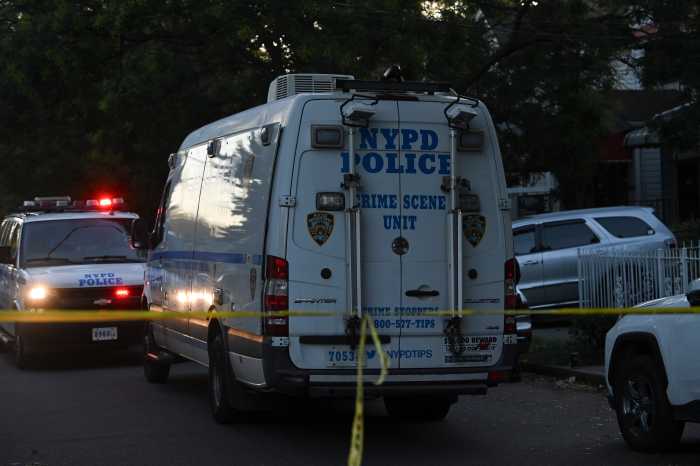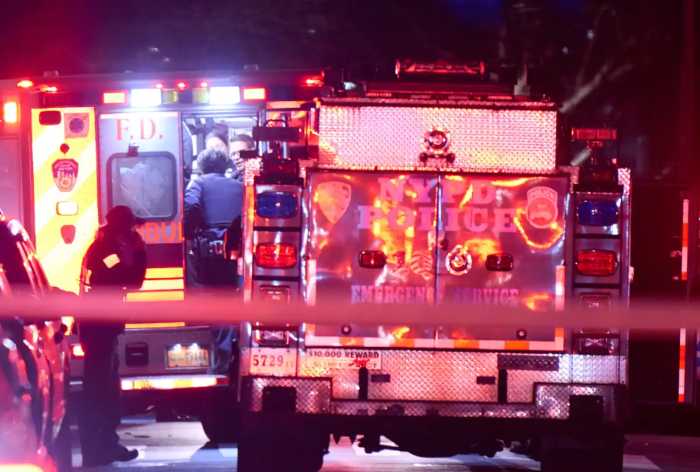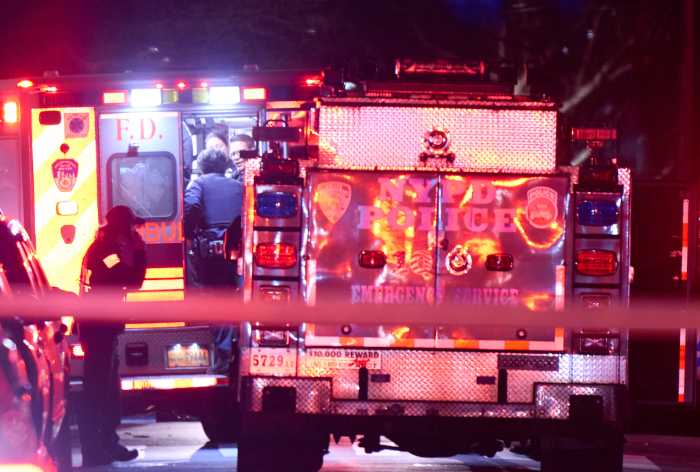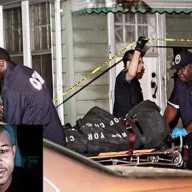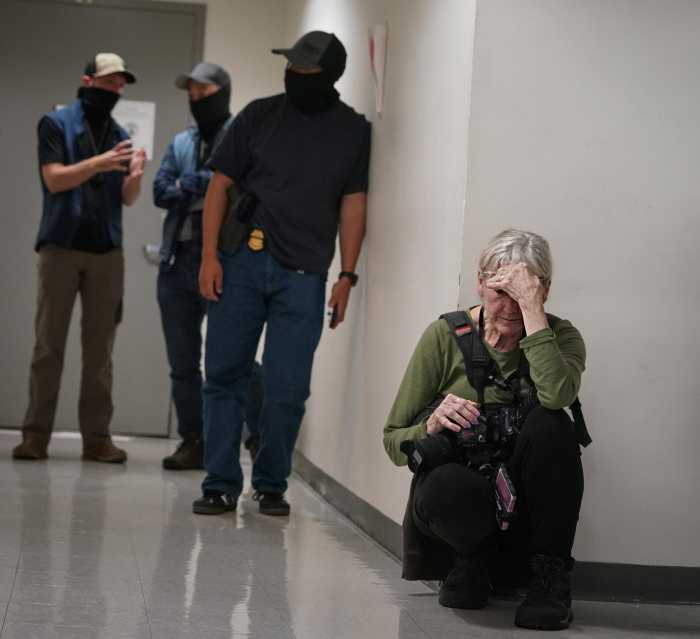A multimillion dollar psychiatric pavilion in Glen Oaks is slated to open its doors to inpatients next month.
Zucker Hillside Hospital officials celebrated the $120 million project on December 7. The 130,000-square-foot facility, which has 115 beds, also includes a center for dementia patients and a new electroconvulsive therapy unit.
“The mental health system in this country is broken and deteriorated. Our pledge is, not [broken] in this hospital, not in our health system, not in our communities,” said Joseph Schulman, executive director of Zucker Hillside.
The two-story pavilion, located at 75-59 263rd Street, will treat patients suffering with depression, mood and affective disorders, substance abuse and dementia when it opens on January 8, officials said.
“Psychiatric illness and addiction cause heartache and alter lives. Their devastating impact scars families for generations,” said Dr. John Kane, vice president of the Behavioral Health Services for North Shore-LIJ. “This new pavilion will help us treat these disorders to change that, healing families and returning people to society’s mainstream.”
According to Kane, behavioral health disorders affect nearly half the population during the course of a lifetime and account for more disability and missed days of work than any other illness.
Queens Hospital Center cut the ribbon on an 8,500-square-foot expanded psychiatric program last week, but Kane said the recent sprouting of facilities does not mean there is an increase in a total number of beds in the community.
The needs of many mentally ill individuals are still not met, he said, and the emergence of local centers may only indicate a rebuilding of state-of-the-art facilities.
“In the last 10 years, the health system has made a tremendous investment in both inpatient and outpatient care, and that’s what we need,” Kane said.
Cathie Lemaire, of Huntington, said she has been hospitalized five times for severe depression and said the illness sidetracked her life for many years until Zucker Hillside suggested she try electroconvulsive therapy.
“I had great careers in sales, in electronics. I was selling to military and commercial contractors, but I would have repeated depressive episodes,” she said. “[Zucker Hillside] has allowed me to get back to my life, to my old self, to living. It’s priceless.”


